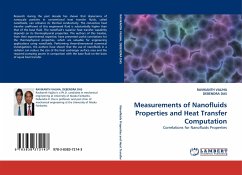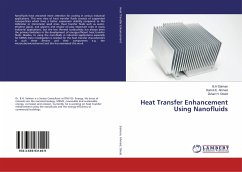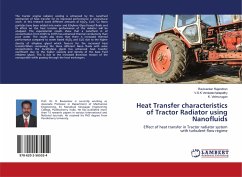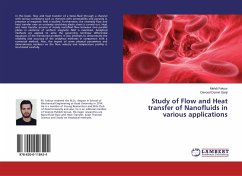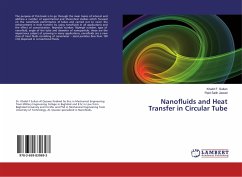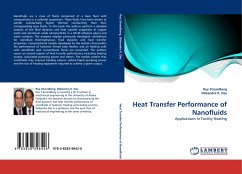Research during the past decade has shown that dispersions of nanoscale particles in conventional heat transfer fluids, called nanofluids, can enhance its thermal conductivity. The convective heat transfer coefficient of this engineered fluid is substantially higher than that of the base fluid. The nanofluid's superior heat transfer capability depends on its thermophysical properties. The authors of this treatise, from their experimental expertise, have presented useful correlations for the thermophysical properties, which are valuable for engineering applications using nanofluids. Performing three-dimensional numerical investigations, the authors have shown that the use of nanofluids in a radiator can reduce the size of the heat exchanger surface area and the required pumping power in comparison with the base fluid on the basis of equal heat transfer.

